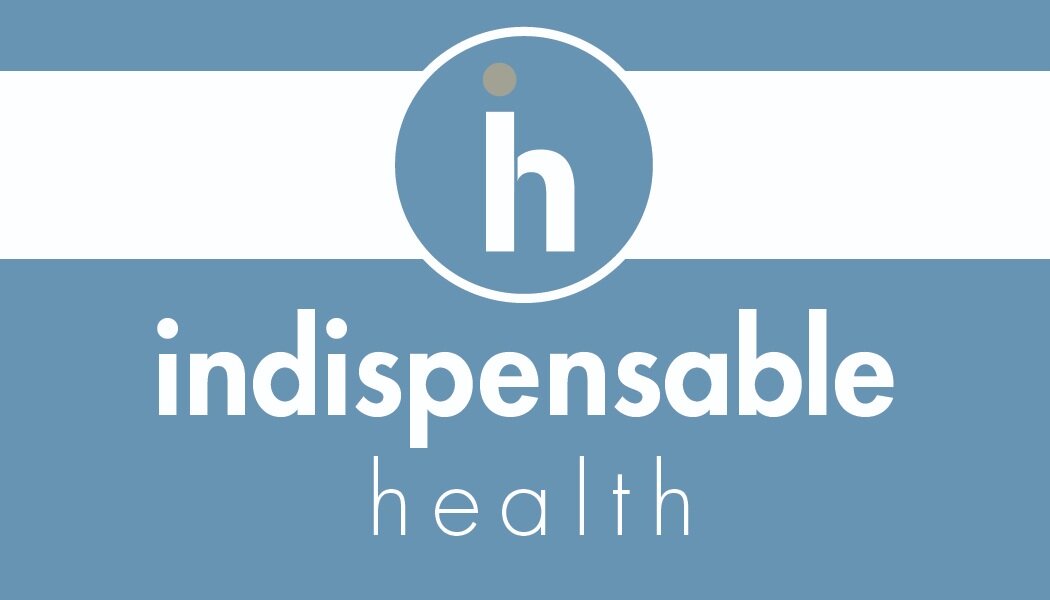Forgetting To Take Your Medications? Your Pharmacist Can Help!
Chronic conditions can require patients to take medications routinely in order to prevent the progression of their condition to a worsening state. Depending on the type, severity, or the number of conditions a patient may be treated for, they could be prescribed medications to be taken once, twice, or even three times daily. Certain medications have a recommended time of day when they should be taken for maximum efficacy which can add to the burden of proper adherence. Incorporating a daily medication regimen in our lives can sometimes be difficult but remembering to take the medications may be an even greater challenge. Needless to say, adherence to medications is important and pharmacists have been able to help their patients in this regard.
Routine use of prescription medications has increased over the years in the elderly population. In a 2016 study, 1,800 people over the age of 50 were surveyed, 80% of which were taking at least two prescription medications, while 50% were taking four or more (1). A different study showed that half of the patients with four or more prescriptions were not adhering to their therapeutic regimen; 57% of the seniors (over the age of 65) admitted to forgetting to take their medications routinely. This statistic has been noticed to increase as the number of prescriptions increase.
Blister Pack Example
Over the years patients have come up with numerous ways of remembering to take their medications such as setting alarms, taking the medications out of the vial a day prior, and so on. While these approaches have worked for some patients, they did not work so well for others. Because of this, pharmacists have been able to prepare patients’ medications in weekly/monthly blister packs. These blister packs are designed in such a way that patients can see exactly which doses they have taken, and which doses are coming up. Blister packs are beneficial not only by helping patients remember if they took their medications, but they also help synchronize all medications which reduce trips to the pharmacy; it can also prevent doubling up on a dose, which could lead to severe outcomes with certain medications. Furthermore, having all appropriate medications dispensed in a blister pack may help patients deal with only one pharmacy which can reduce the risk of encountering medication errors.
Inadequate medication adherence is a widespread problem that continues to increase chronic disease complications and health care expenditures (2). Patients that started using blister packs have demonstrated a significant increase in adherence to their medications compared to patients that have not (3). Although this strategy has been proven effective, it cannot be used for all medications a patient may be taking throughout the day. These blister packs are not meant for inhalers, creams, or liquids. This approach is perhaps more beneficial for patients with multiple prescriptions, the elderly, or patients that often find themselves unintentionally missing a dose. Preparing medications in blister packs is a service that is provided by most pharmacies and should be relatively easy for the patient to set up with a pharmacist.
Author: Raul Ghib | PharmD Candidate 2021 | University of Michigan
References
Schwarz, C. (2016, April 28). AARP Survey Highlights Prescription Drug Use Among Older Adults. Retrieved October 23, 2020, from https://www.medicarerights.org/medicare-watch/2016/04/28/blog-aarp-survey-highlights-prescription-drug-use-among-older-adults
Charlesworth, C. J., Smit, E., Lee, D. S., Alramadhan, F., & Odden, M. C. (2015). Polypharmacy Among Adults Aged 65 Years and Older in the United States: 1988–2010. The Journals of Gerontology Series A: Biological Sciences and Medical Sciences, 70(8), 989-995. doi:10.1093/gerona/glv013
Conn, V. S., Ruppar, T. M., Chan, K. C., Dunbar-Jacob, J., Pepper, G. A., & Geest, S. D. (2014). Packaging interventions to increase medication adherence: Systematic review and meta-analysis. Current Medical Research and Opinion,31(1), 145-160. doi:10.1185/03007995.2014.978939



